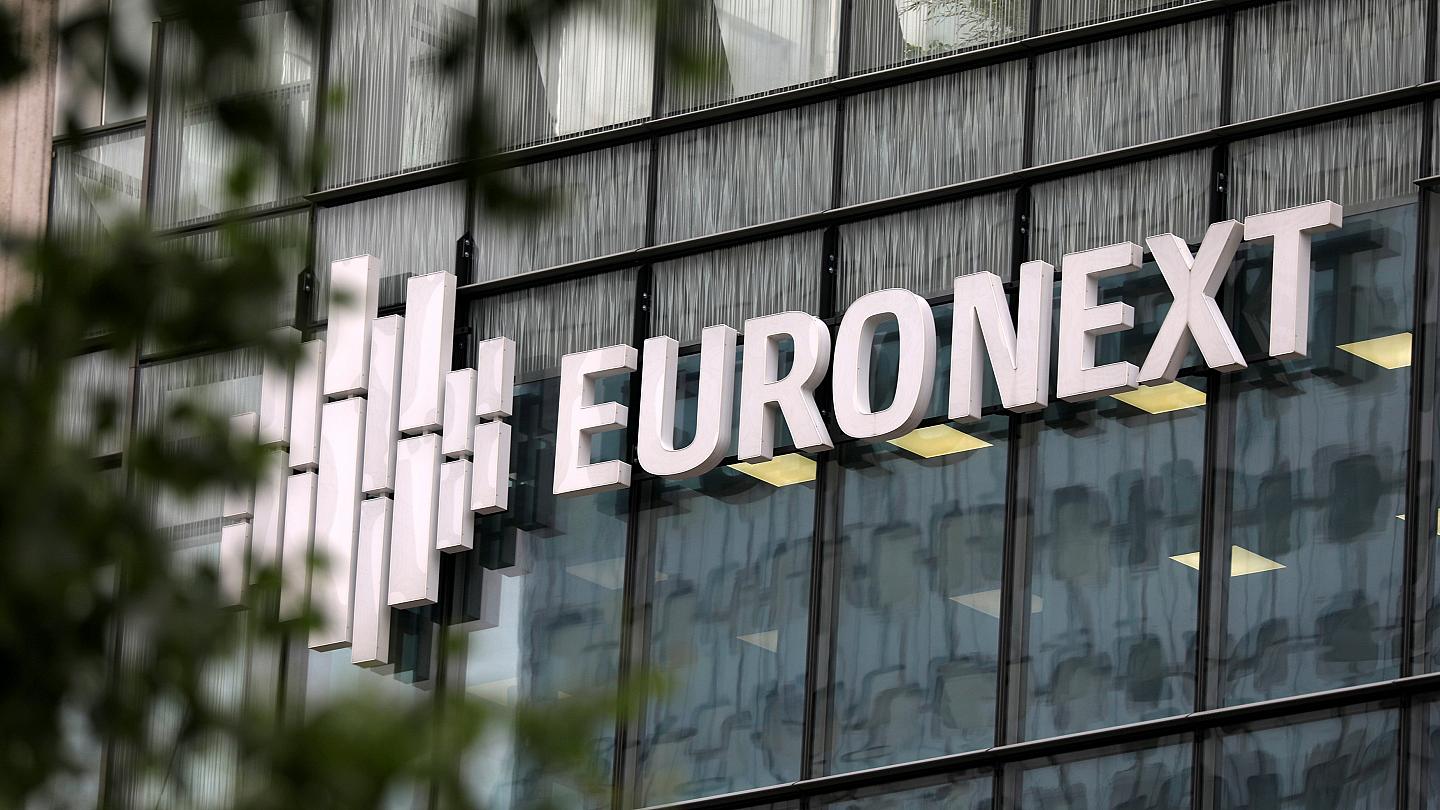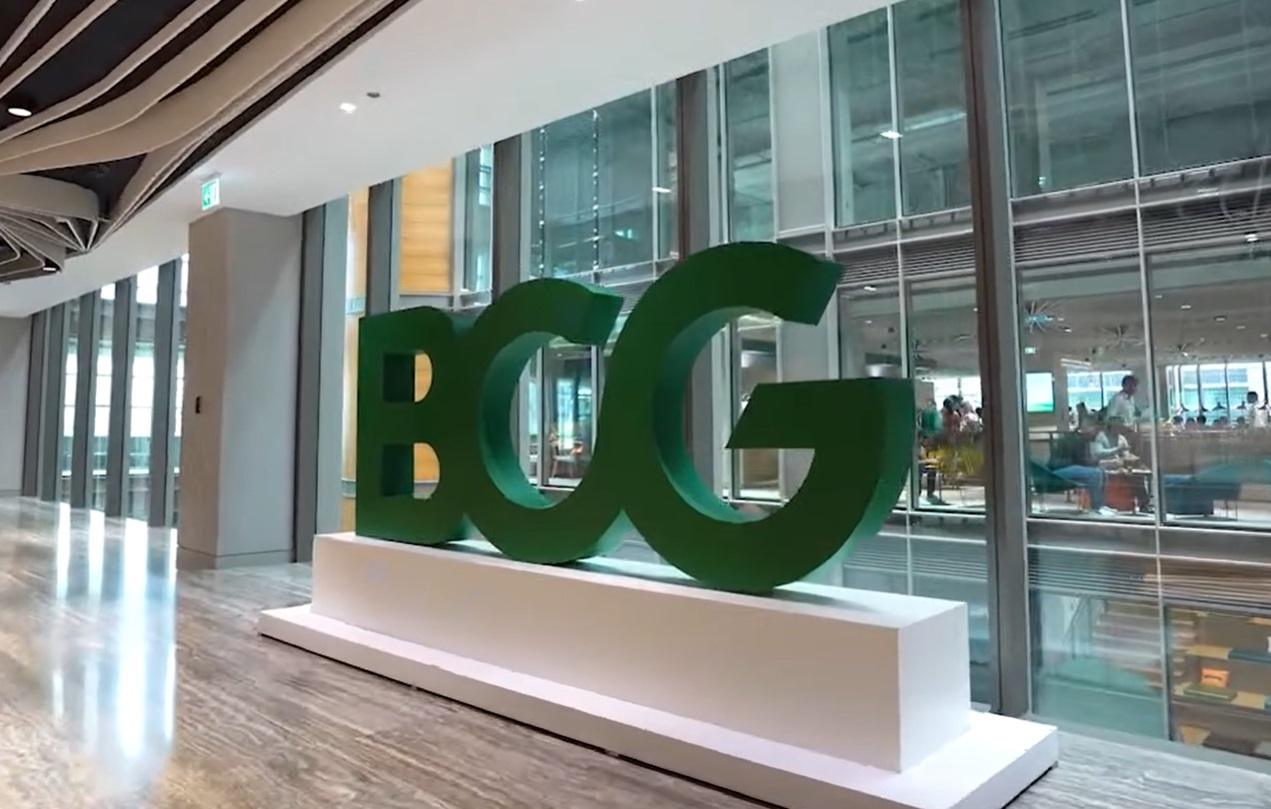Euronext to Require Science-Based Emissions Reduction Targets from Suppliers
Pan-European exchange Euronext announced today new science-based climate goals and initiatives, including a plan to require its suppliers to set their own science-based emissions reduction targets.
Euronext stated that it developed the targets in alignment with the Science-Based Targets initiative (SBTi) framework and that it expects to obtain validation of the targets by the SBTi by the end of 2022.
By 2030, Euronext aims to reduce its Scope 1 and 2 market-based greenhouse gas emissions by 70% from a 2020 baseline, and Scope 3 travel emissions by at least 46.2% from a 2019 baseline. By 2027, its suppliers, which represent 67% of Euronext’s GHG emissions derived from purchased goods and services, will also have to set targets on their Scope 1 and 2 emissions.
The company stated that it intends to reach its targets without the purchase of offsetting credits.
Stéphane Boujnah, CEO and Chairman of the Managing Board of Euronext, said:
“With the unique role a market infrastructure plays in the economy by facilitating efficient capital allocation, coupled with our broad presence across Europe, we believe Euronext can have a meaningful impact both as a products and services provider, and also as a company that minimises its own environmental impact. “
The company outlined a roadmap to achieve its new targets, which includes reducing Scope 1 emissions through energy efficiency upgrades in the building portfolio, energy efficiency investments, decommissioning of gas-fired boilers, and decarbonization of the vehicle fleet. For Scope 2, Euronext will move office space and data centers to renewable energy and travel emissions will be cut through a sustainable travel programme.
The company also plans to engage its key suppliers directly and will deploy a supplier onboarding platform, which would include provisions regarding environmental protection, human rights, diversity and inclusion. For its staff, Euronext plans to facilitate climate workshops to develop awareness and ability to act by keeping environment impacts in mind.
According to Euronext, these new targets also support its “Fit for 1.5°” climate commitment, which is based on the development of products and services that would help the company, its partners and clients, and the European economy curb the increase in global temperatures, helping to ensure this increase remains below 1.5°C compared to pre-industrial levels, as set out in the Paris Agreement.
Boujnah added:
“Our science-based climate targets, in alignment with the Paris Agreement, are an important step towards Euronext’s ambitious ESG commitment, ‘Fit for 1.5°’. An efficient and sustainable global financial system is critical for long-term value creation.”





